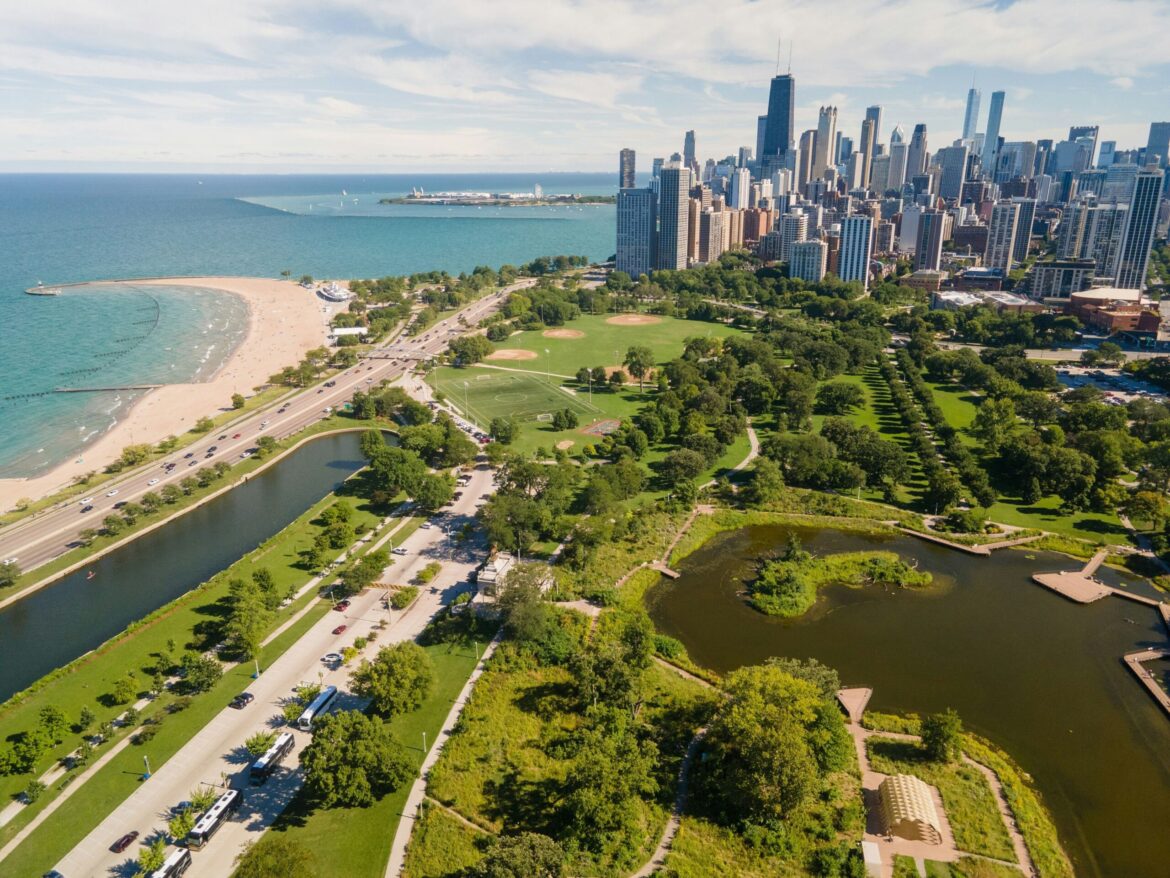In a significant policy shift, President Donald Trump signed a proclamation on June 4, 2025, reinstating and expanding a travel ban that impacts nationals from 19 countries. The proclamation, titled “Restricting the Entry of Foreign Nationals to Protect the United States from Foreign Terrorists and Other National Security and Public Safety Threats,” took effect at 12:01 a.m. EDT on June 9, 2025. This move marks a return to the restrictive immigration policies characteristic of Trump’s first term in office.
Scope of the Ban
The travel ban imposes full entry restrictions on nationals from 12 countries, suspending both immigrant and nonimmigrant visa issuance. These countries are Afghanistan, Myanmar (Burma), Chad, Republic of the Congo, Equatorial Guinea, Eritrea, Haiti, Iran, Libya, Somalia, Sudan, and Yemen. Additionally, partial restrictions are placed on seven other countries—Burundi, Cuba, Laos, Sierra Leone, Togo, Turkmenistan, and Venezuela—limiting certain visa categories such as B-1 (business), B-2 (tourism), F (student), M (vocational student), and J (exchange visitor) visas.
Justification and Legal Framework
The administration cites national security concerns as the primary rationale for the ban, pointing to inadequate identity verification systems, terrorism risks, and lack of cooperation from the affected countries in accepting deported individuals. The proclamation invokes sections 212(f) and 215(a) of the Immigration and Nationality Act, granting the president authority to restrict entry of foreign nationals deemed detrimental to U.S. interests.
President Trump emphasized the need for stringent measures to protect the nation, stating, “We cannot have open migration from any country where we cannot safely and reliably vet and screen those who seek to enter the United States.”
Exemptions and Exceptions
The proclamation outlines several exemptions, including lawful permanent residents (green card holders), dual nationals traveling on a passport from a non-restricted country, individuals with valid visas issued before June 9, 2025, and certain diplomatic and official visa holders. Notably, Afghan nationals who assisted U.S. forces and hold Special Immigrant Visas, as well as athletes participating in major international sporting events like the World Cup and Olympics, are exempted.
Domestic and International Response
The travel ban has sparked widespread protests across major U.S. cities, with demonstrators calling for more inclusive and equitable immigration policies. Civil rights organizations, including the American Civil Liberties Union and the Council on American-Islamic Relations, have expressed intent to challenge the proclamation in court, citing potential violations of constitutional rights and international obligations.
Critics argue that the ban disproportionately affects Muslim-majority nations and lacks transparency in its criteria. Democratic lawmakers have also condemned the move, with Representative Dan Goldman stating, “It’s pretty consistent with what his ‘immigration policy’ is, which is just essentially to keep anyone who’s not white out of the country.”
Potential Legal Challenges
Legal experts anticipate a series of lawsuits challenging the travel ban, potentially reaching the Supreme Court. The administration asserts that the multi-agency review process and specific exemptions included in the proclamation strengthen its legal standing. However, opponents argue that the policy revives the divisive rhetoric and impact of the original 2017 “Muslim Ban,” which generated numerous legal challenges before being upheld by the Supreme Court in 2018.
Implications for Affected Individuals
The travel ban has immediate and far-reaching implications for individuals from the affected countries, particularly those seeking to immigrate to the United States or reunite with family members. Many individuals already in the process of immigrating—whether for family reunification, employment, or education—may find their plans suddenly halted. Individuals from the partially restricted countries face tighter scrutiny, delays, or disqualification during the visa application process.
Conclusion
The reinstatement and expansion of the travel ban underscore the Trump administration’s renewed focus on restrictive immigration policies. While the administration defends the move as necessary for national security, critics decry it as discriminatory and legally questionable. As legal challenges unfold and public protests continue, the travel ban’s future remains uncertain, with potential implications for U.S. immigration policy and international relations.

